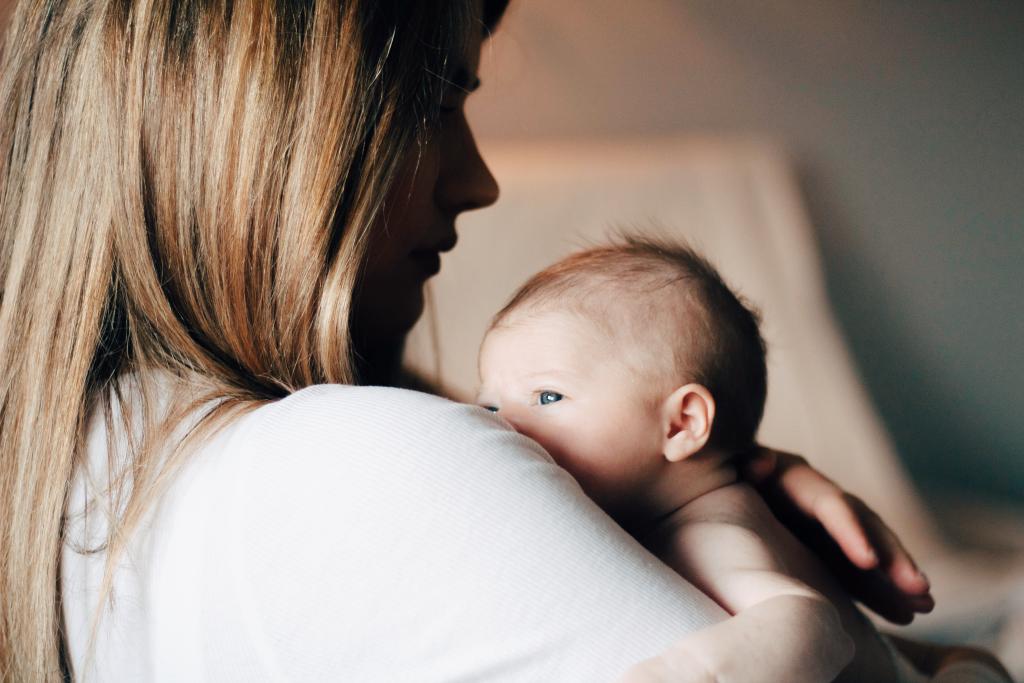
Dr Yasmin Pilgrim is one of our highly experienced Grace Private Obstetricians. Dr Pilgrim specialises in normal and complex pregnancy care, pre-pregnancy counselling, medical disorders in pregnancy and multiple pregnancy, as well as gynaecology.
For many mums-to-be, a vaginal birth is a high priority. While there’s still some discussion around water immersion as a form of relaxation and analgesia for childbirth, it’s becoming a more popular option during labour among women who have low-risk pregnancies and are having a vaginal birth.
Studies and trials have shown that women who choose to labour in water have less severe pain, shorter labour length and a lower number of episiotomies.
We had a chat with one of our obstetricians and gynaecologists, Dr Yasmin Pilgrim to find out everything there is to know about labouring in water.
When you labour in water, you will go into a tub or pool of warm water before the baby is born to feel more relaxed and to help you manage the pain. During a waterbirth, you will be in the water for the actual birth and your baby will be brought to the surface once it is born.
Labouring in water may reduce your chance of you needing regional anaesthesia. The warm water can help reduce stress and ease muscular tension. When you’re in water there is an increased feeling of weightlessness, which can help you relax during labour.
There’s a growing amount of evidence that supports the efficacy of labour and birth in water. While study numbers are small, they have shown that there was an association between water birth and reduced admission to the neonatal unit and reduced postpartum haemorrhage.
Some maternal outcomes include a decreased requirement for regional analgesia, an increased sense of maternal satisfaction and control, decreased incidence of episiotomy and severe perineal lacerations.

Labouring in water is great for low risk pregnancies. There are a few conditions that inhibit the use of water immersion during labour, which include:
Analysis of data on a variety of neonatal clinical outcomes comparing water and land births doesn’t suggest that outcomes are worse for babies following water immersion.
There isn’t evidence of increased adverse effects to the baby or mother from labouring in water. There was no difference in:
At Grace Private we’re here for you from the moment you find out you’re pregnant, throughout your pregnancy, birth and beyond. Our team of specialist obstetricians, midwives and nurses will be by your side no matter your pregnancy journey.
Speak to your Grace obstetrician about options regarding water immersion during labour. For a referral to a Grace specialist, ‘ask for Grace’ next time you visit your GP.

